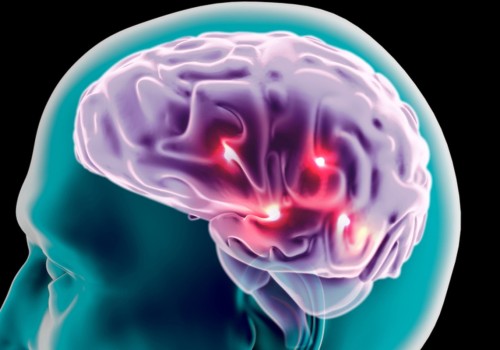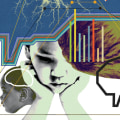Addiction is not caused by moral weakness, lack of willpower, or unwillingness to quit smoking. This finding comes from decades of research into the effects of substance use on the brain. The first time people drink or use drugs, they do so voluntarily and believe they can control their use. Unfortunately, physicians and their patients are often subject to the same unscientific and shameful beliefs about substance misuse; these beliefs create barriers to treatment.
Angel's story conveys the feeling that her mother is being stigmatized by health care providers because of her illness. Lozano's intervention is an example of knowledge that dissipates both stigma and pain. Doctors' fear of offending patients often leads them to avoid making the diagnosis of substance abuse or dependence. It is important for both patients and providers to know that addiction is a treatable illness, not a moral defect.
Shame is often heavily intertwined with addiction, and people with addictions may have low self-esteem, guilt, and a sense of worthlessness. All of these feelings can contribute to the ongoing cycle of addiction, making it harder to break them. Addiction seems to be considered a moral defect much more often than other brain diseases such as schizophrenia. This can cause feelings of shame and guilt, making it difficult for an addict to seek help.
In fact, one study found that people who believed addiction was a moral defect were less likely to seek treatment. Another study found that 10% of people with addictions did not seek treatment for fear that this could cause neighbors and their community to have a negative opinion, and 8% feared that it could have a negative effect on their work. Alcohol or drug addiction, also known as substance use disorder, is a chronic brain disease that can happen to anyone. Serious substance use disorder occurs when substance use becomes an uncontrollable habit that impairs daily life, and presents as difficulties at work or school, conflicts with relationships, legal or economic problems. The definition of addiction varies between individuals, organizations and medical professionals, and society's views on addiction are constantly evolving. Specific addiction risk factors include a family history of addiction and mental illness, a history of abuse, and a chaotic family environment.
Just as a person with diabetes or heart disease must choose to exercise and switch to a healthy diet to control their illness, a person with addiction must choose treatment. The person's developmental stage is particularly important, since adolescents who use drugs are much more likely to become addicted and remain addicted into adulthood. For most people, addiction is a progressive, recurring illness that requires intensive treatment and ongoing monitoring to stay under control. Proponents of this way of thinking place much more emphasis on the social and environmental factors of addiction than on brain changes that occur as a result of the abuse of substances. Professional addiction treatment is an effective way to address both physical dependence and addiction. Get immediate access to full substance use intervention services at IU Health Addiction's 26% recovery centers.
Whether you think addiction is a disease or not, everyone agrees that addiction is a serious problem that negatively affects the lives of people who use substances, as well as the people who are part of their lives. People become addicted to drugs for many reasons, but one of the main factors that drugs are so addictive is the euphoric and rewarding effect they cause. Tracy works with the media, treatment centers, interventionists, therapists, addiction psychiatrists and consults with treatment centers in order to help those struggling with addiction get access to the resources they need. By recognizing the reality that drug addiction is not a moral defect but rather a chronic treatable disease, you may begin to realize that you deserve treatment for your illness. Addiction treatment centers provide comprehensive care for those struggling with substance abuse issues. Treatment centers offer individualized care plans tailored specifically for each patient's needs in order to ensure successful recovery. At IU Health Addiction Treatment Centers we understand how difficult it can be for someone struggling with an addiction to seek help.
We provide evidence-based treatments such as cognitive behavioral therapy (CBT), medication-assisted treatment (MAT), group therapy sessions and individual counseling sessions in order to help our patients achieve long-term sobriety. We also offer support groups for family members affected by someone else's substance abuse issues in order to help them cope with their loved one's illness. Our goal is to provide our patients with the tools they need in order to lead healthy lives free from substance abuse.





